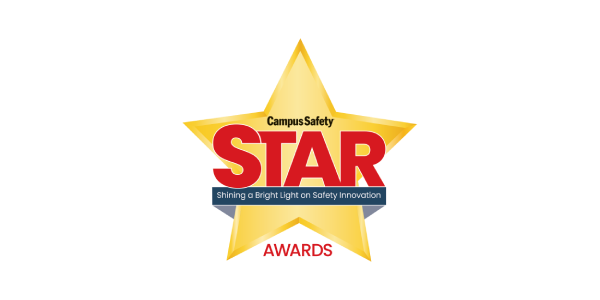A more “educational in nature” standard that might indirectly affect the security program of your facility is EC03.01.01: “staff and licensed independent practitioners can describe or demonstrate methods for eliminating and minimizing physical risks in the environment of care” as well as “…..how to report environment of care risks.” As security and safety are parts of the environment of care, without proper security orientation and education, can all of your clinical and LIP staff tell a surveyor when and how to contact security if they see a suspicious or potentially dangerous situation? How do you know unless they are surveyed and some level of competency is being assessed?
Or what about HR01.06.01, which indicates that “the hospital defines the competencies it requires of its staff who provide patient care, treatment or services…..uses assessment methods to determine the individual competence in the skills being assessed….and an individual with the educational background, experience, or knowledge related to the skills being reviewed assess competence.” So how are you training your security staff? Do you have up-to-date training records and just as importantly, who is training your security officers? If your trainers themselves cannot produce evidence that they are “an individual with the educational background, experience, or knowledge related to the skills being reviewed,” then you might find yourself in violation should your training records be closely reviewed.
Are all of these esoteric standards closely reviewed against your security program each and every time the Joint Commission visits your facility? Probably not, but this does not mean that as professional healthcare security practitioners we should not be aware of these known and unknown standards and how they can (and sometimes do) affect our facilities and organizations. We can also use such standards in our favor when we are asked to validate and justify requests for additional resources such as capital investments (for things like lighting enhancements) or even FTE requests (for additional training on topics such as workplace violence prevention or de-escalation for clinical teammates). Sometimes, knowing the “unknown” can make all the difference.
Bryan Warren is the director of corporate security for the Carolinas HealthCare System.
Related Articles:
- Understanding CoPs’ Role in Healthcare Security
- Healthcare Security Regulatory Requirements: More Than Just Good Ideas
- New Security Design Guidelines for Healthcare Facilities







